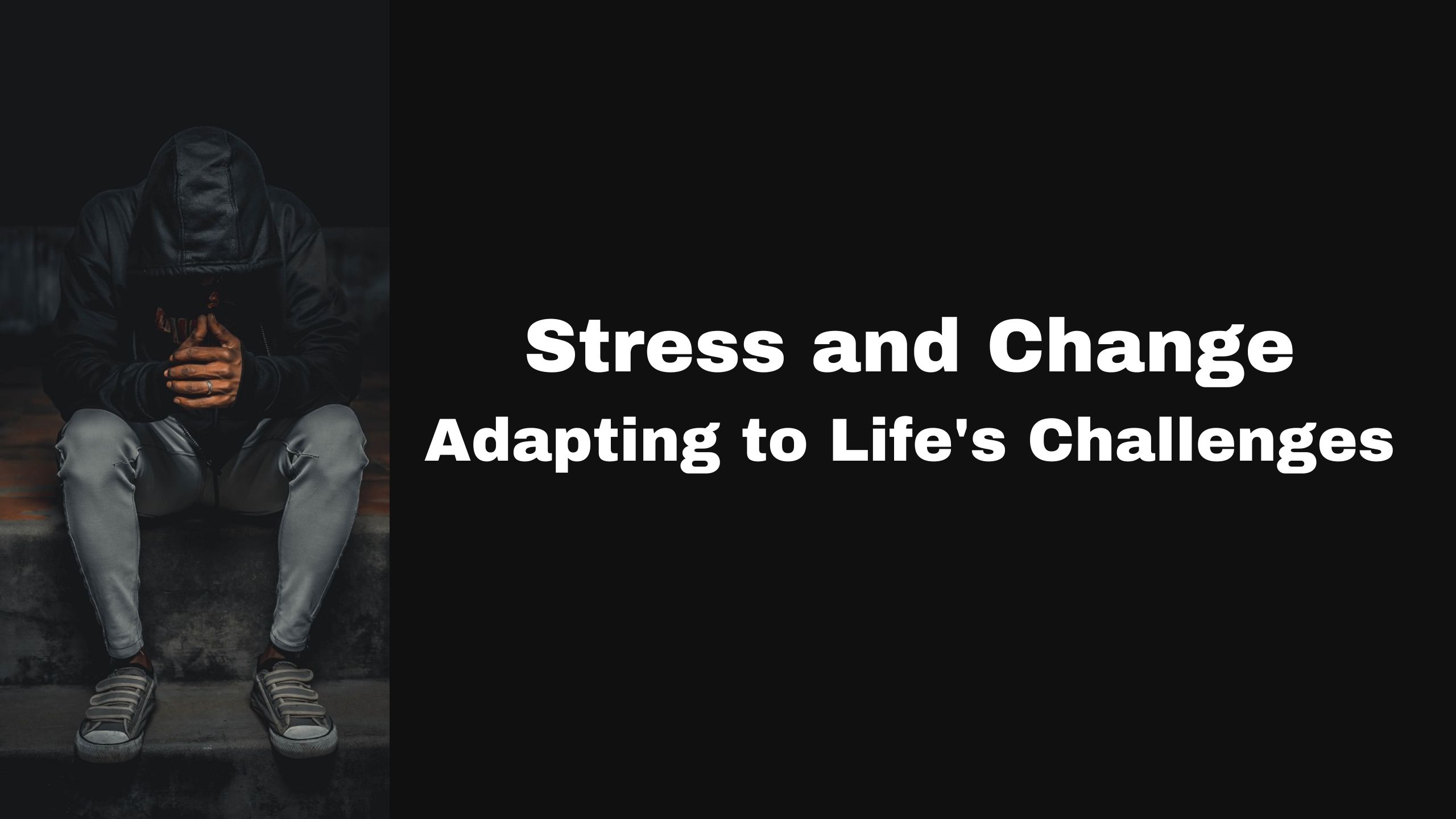Stress and Change: Adapting to Life’s Challenges
Change is an inevitable part of life, and how we adapt to it plays a significant role in our overall well-being.
Whether it’s a major life transition, such as a new job or the loss of a loved one, or more routine changes like relocating to a new city or starting a new semester, they all bring varying degrees of stress.
Understanding the dynamics of stress and learning how to adapt effectively can make a substantial difference in our lives.
The Nature of Stress
Stress is a natural response to change and challenges. It is our body’s way of preparing us to deal with perceived threats or demands. Stress can manifest physically, mentally, and emotionally, and its effects can range from increased heart rate and muscle tension to anxiety and irritability.
Stress is not inherently negative; in fact, it can be a motivator and help us perform at our best. However, when stress becomes chronic or overwhelming, it can have adverse effects on our health and well-being.
The Challenge of Change
Change often disrupts our routines and forces us to adapt to new circumstances. This adaptation process can be inherently stressful, as it may involve uncertainty, fear, and the need to acquire new skills or coping mechanisms. Here are some strategies to effectively navigate life’s changes and reduce the associated stress:
Acceptance: The first step in adapting to change is acknowledging it. Accept that change is a natural part of life and that resisting it may only intensify the stress. By embracing change as an opportunity for growth, you can start the adaptation process on a positive note.
Self-Care: Prioritize self-care during times of change. Pay attention to your physical and emotional well-being through regular exercise, a balanced diet, adequate sleep, and relaxation techniques like meditation or mindfulness.
Seek Support: Reach out to friends, family, or a therapist for support and guidance. Talking about your feelings and concerns can help alleviate stress and provide valuable insights on how to cope with change.
Set Realistic Expectations: Be realistic about what you can control and what you cannot. While you may not be able to control the external circumstances of change, you can control your response to them.
Develop Resilience: Resilience is the ability to bounce back from adversity. Cultivate resilience by focusing on your strengths, learning from past experiences, and maintaining a positive outlook.
Plan and Organize: Create a plan to navigate the changes effectively. Breaking down large tasks into smaller, manageable steps can reduce feelings of overwhelm.
Flexibility: Be flexible and open-minded. Recognize that there may be multiple ways to adapt to a given situation, and sometimes, unexpected opportunities or solutions can emerge from change.
Patience: Understand that adaptation takes time. Be patient with yourself and allow yourself to make mistakes and learn from them.
Conclusion
Change is an inevitable and integral part of life, and it brings both challenges and opportunities. Stress is a natural response to change, but how we manage that stress and adapt to life’s challenges can significantly impact our overall well-being.
By practicing acceptance, self-care, seeking support, setting realistic expectations, developing resilience, planning, and staying flexible and patient, we can navigate change with greater ease and grace.
Remember that adaptation is a process, not a destination. As you continue to adapt to life’s changes, you are also building resilience and acquiring valuable life skills that will serve you well in the future.
Embrace change as an opportunity for growth and self-discovery, and you’ll find that it becomes a transformative force rather than a source of stress.

